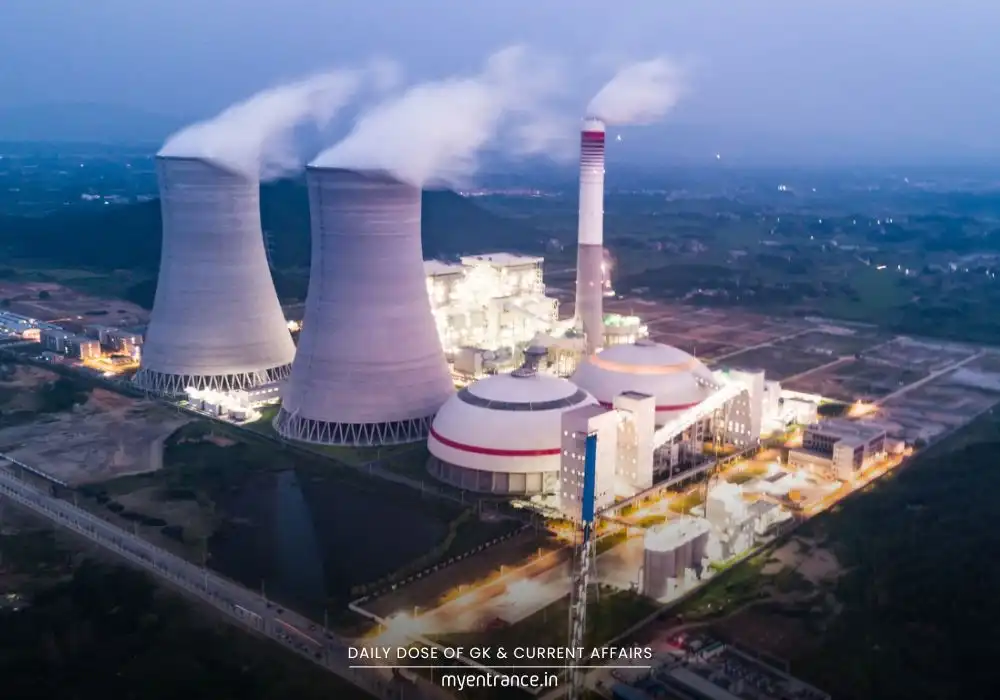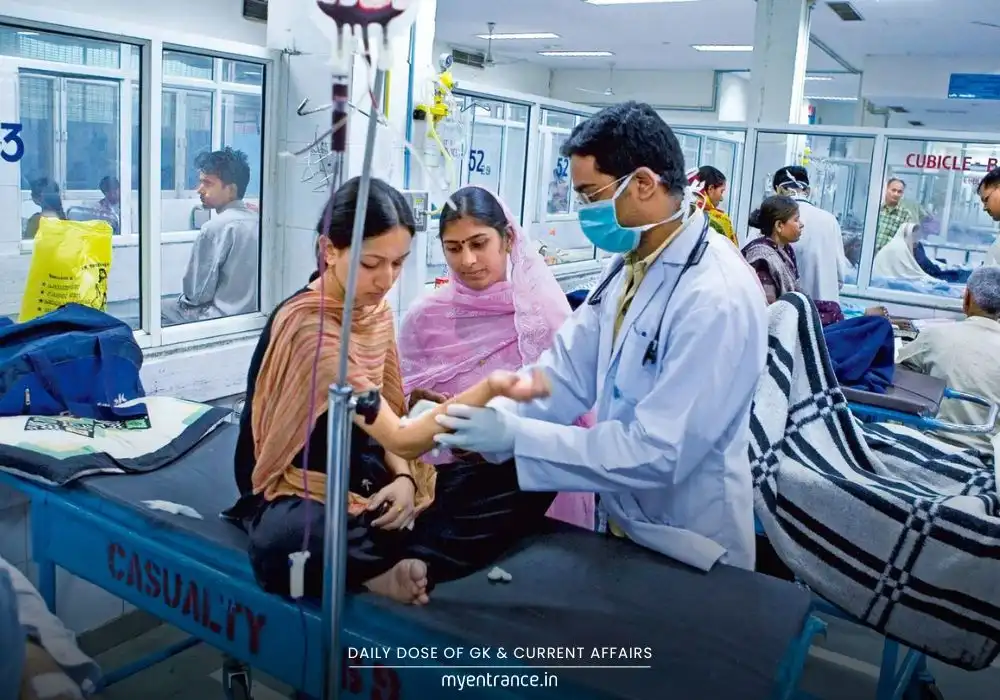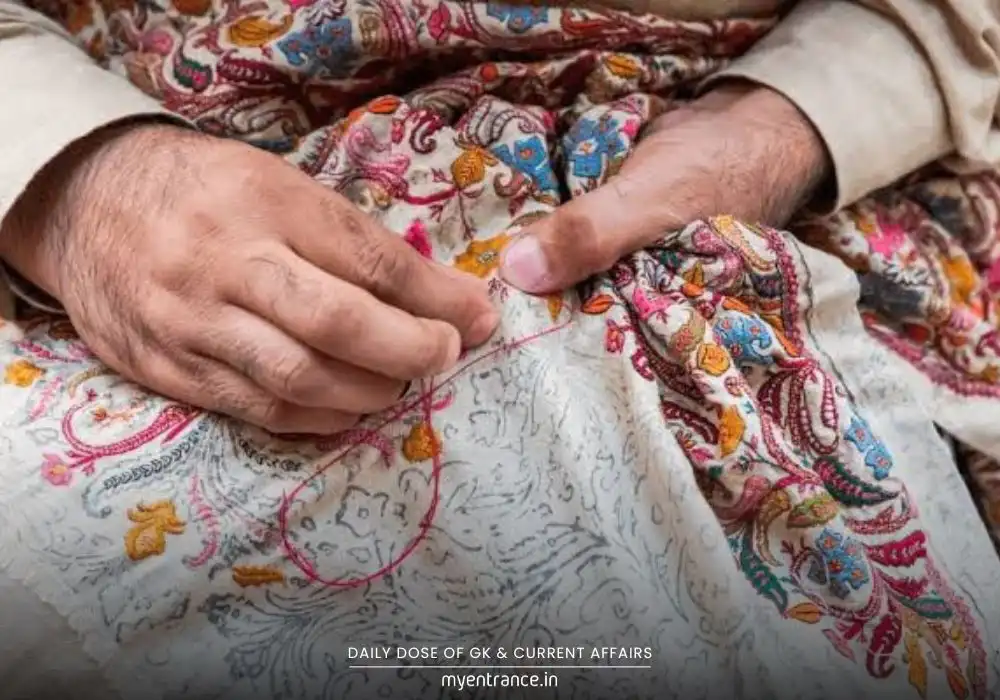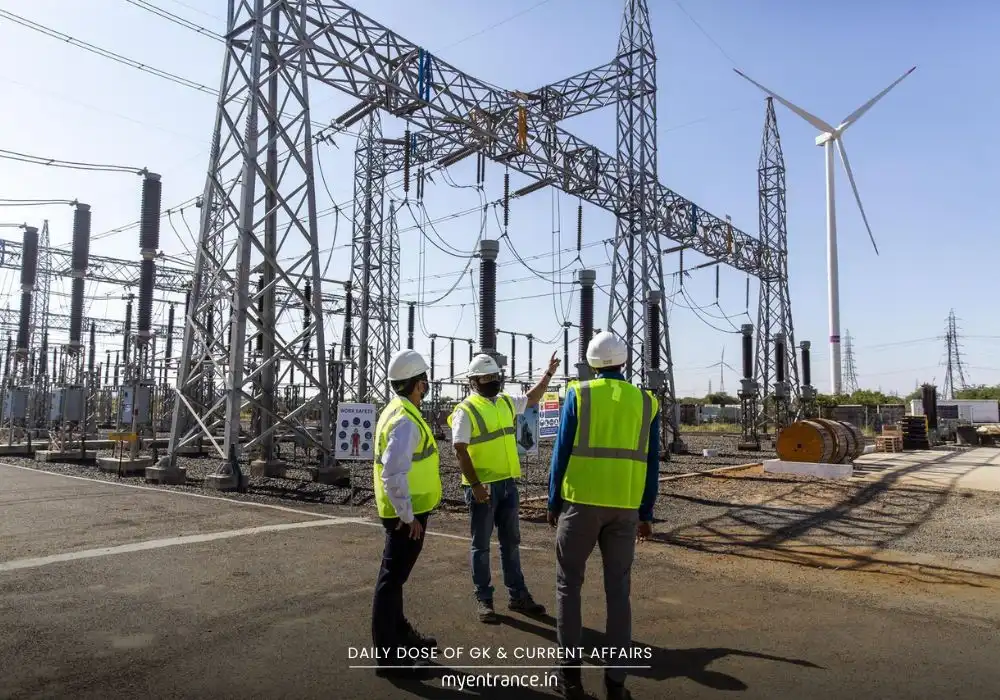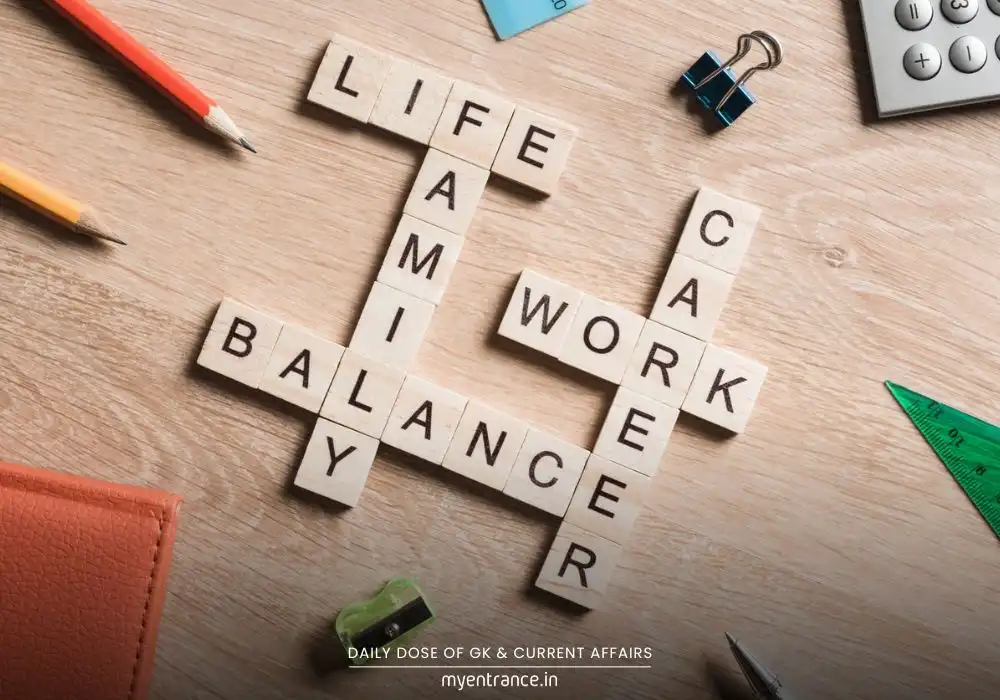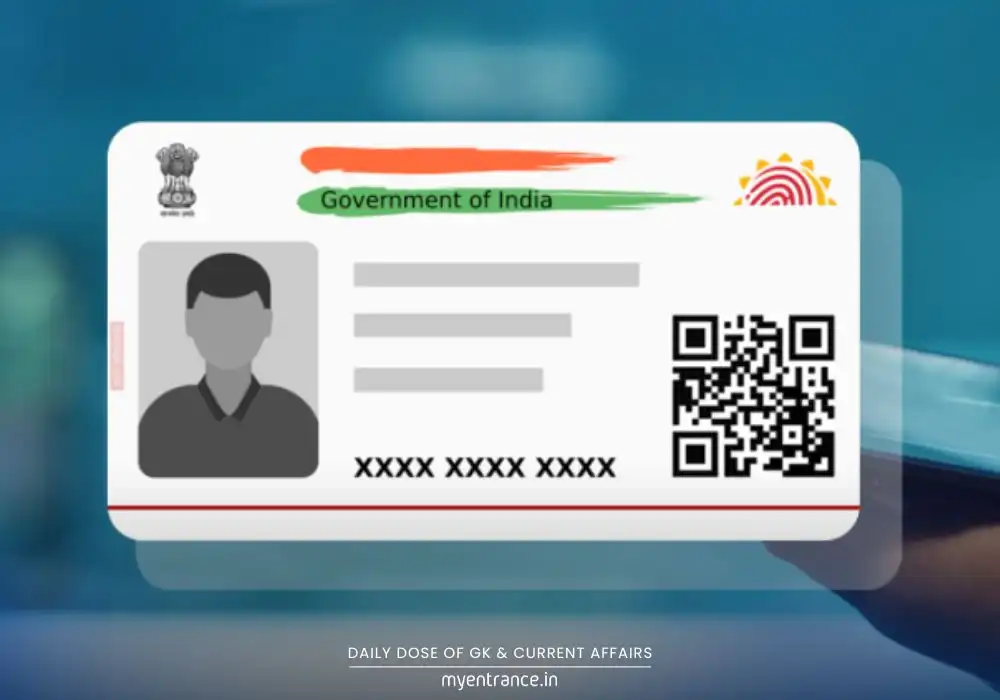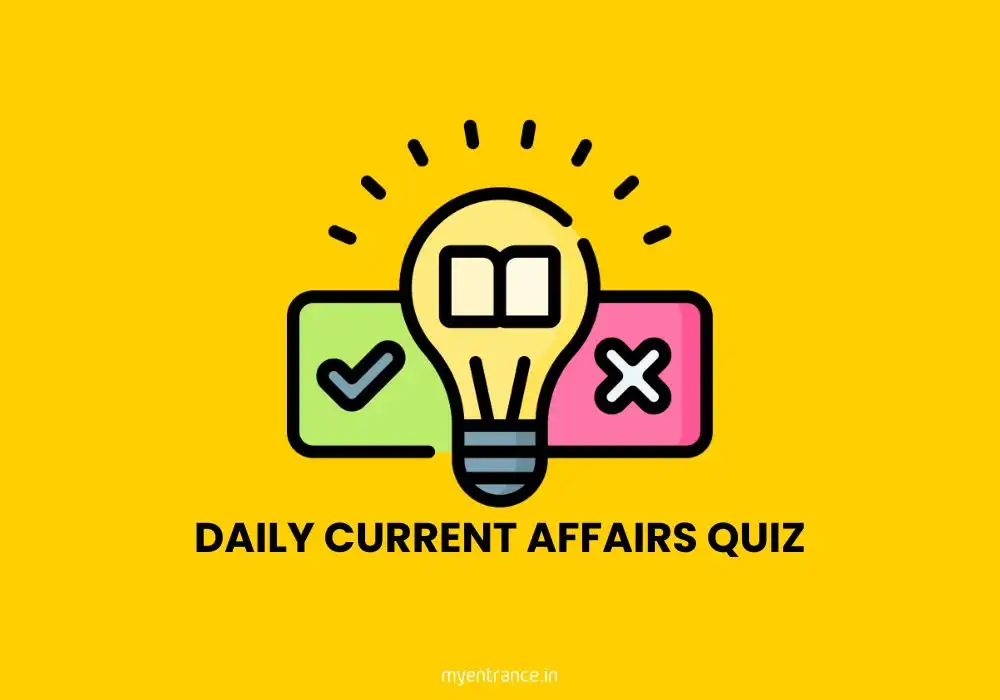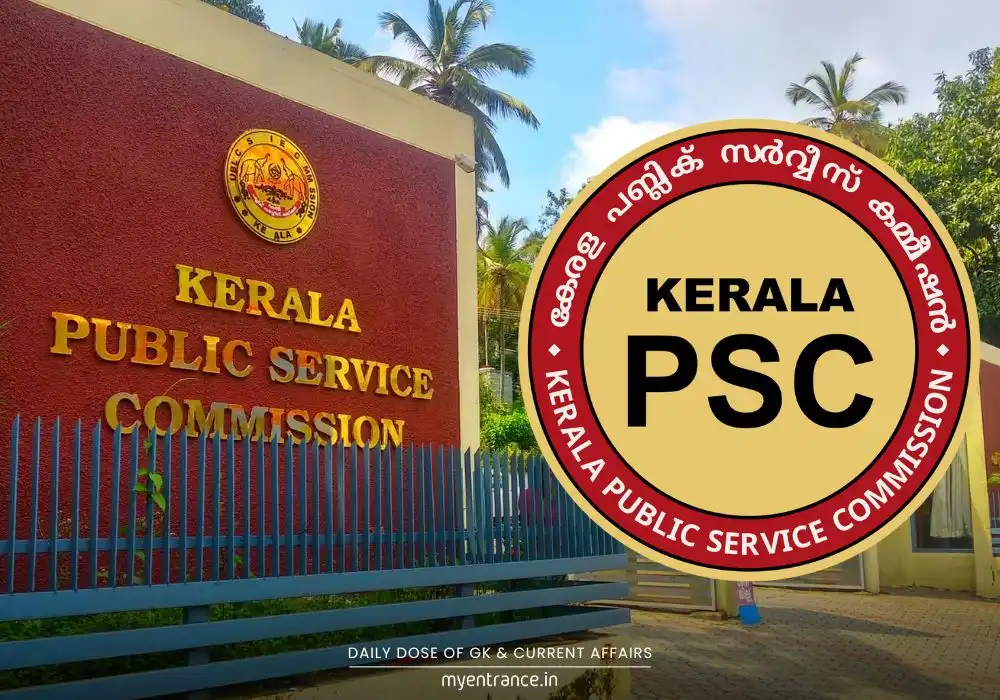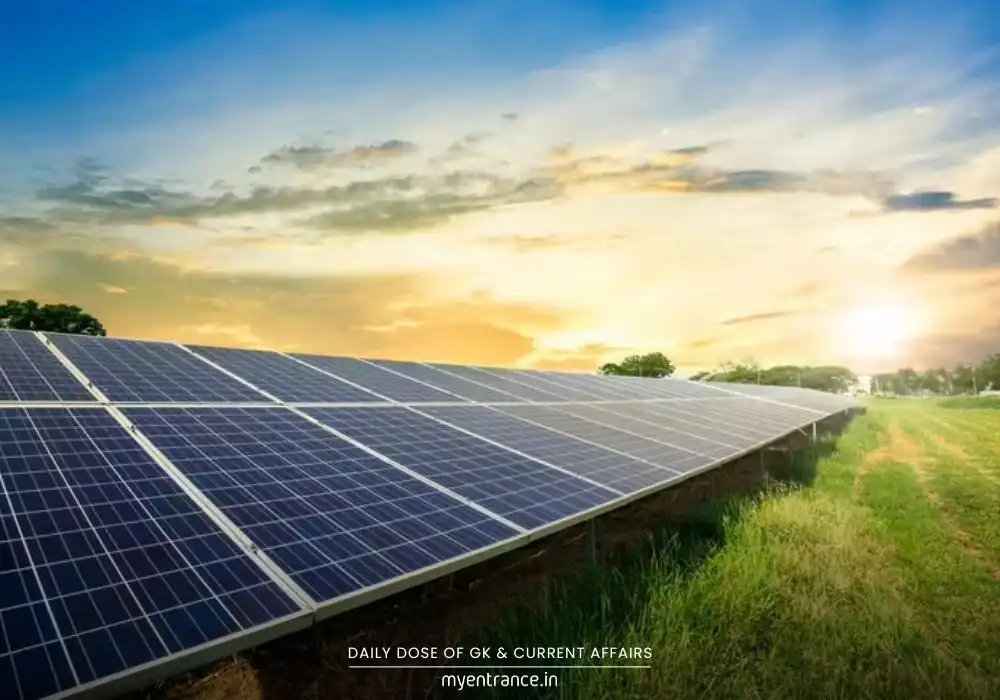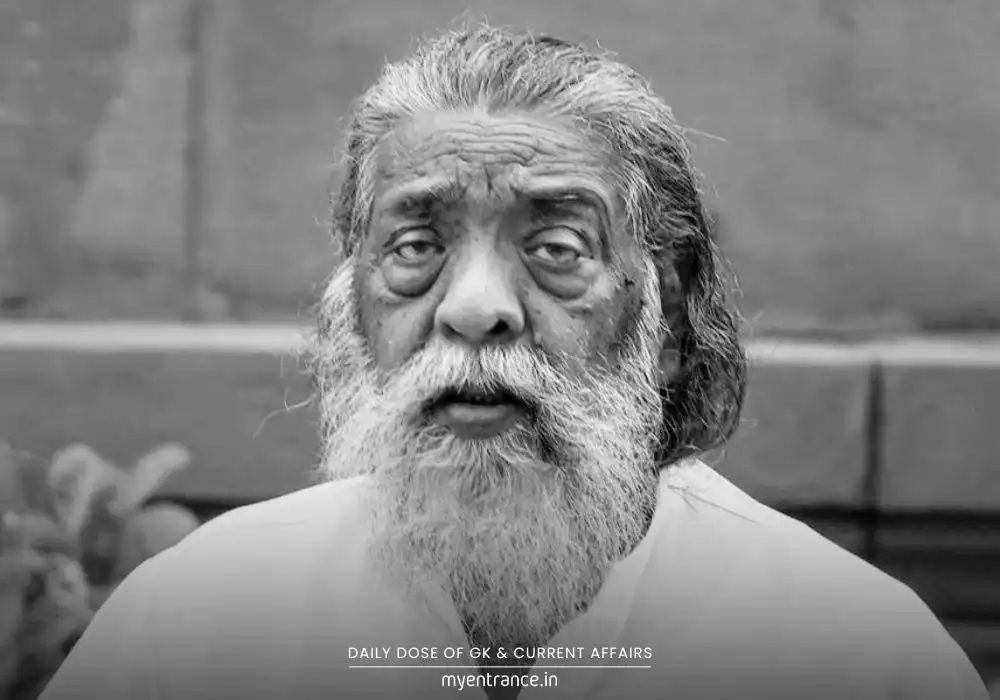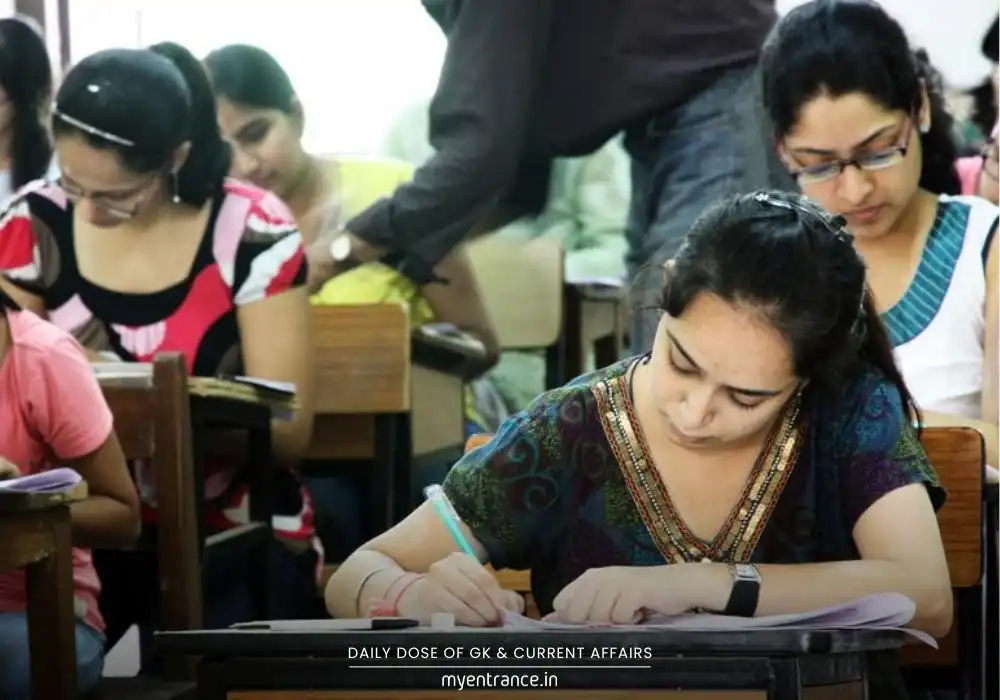Translate Language
India & UN WFP Join Hands to Boost Rice Fortification in Nepal: Key Insights for Competitive Exams”
India has partnered with the UN World Food Programme (WFP) to strengthen rice fortification and supply chain systems in Nepal. This initiative, part of the India-UN Global Capacity Building Program, focuses on knowledge exchange, digital solutions, and workforce training. For competitive exam aspirants, understanding this project is crucial for topics like international relations, public health, and sustainable development.

India & UN WFP’s Initiative to Enhance Rice Fortification in Nepal
India’s Ministry of External Affairs, in collaboration with the UN WFP, has launched a 12-month project to improve Nepal’s fortified rice supply chain. The initiative addresses key challenges such as:
Procurement inefficiencies – Ensuring smoother rice distribution.
Data gaps – Enhancing monitoring and evaluation systems.
Skilled workforce shortage – Training Nepali officials through India’s ITEC program.
Key Focus Areas:
Digital Transformation – Applying India’s successful Public Distribution System (PDS) model.
Storage & Distribution – Optimizing food supply logistics.
Grievance Redressal – Strengthening accountability mechanisms.
Project Implementation in 3 Phases:
Assessment & Engagement – Identifying Nepal’s specific needs.
Study Visit to India – Nepali officials will observe India’s PDS and fortification techniques.
Action Plan Development – Creating a sustainable roadmap for Nepal.
India’s ITEC Program’s Role:
Over 3,000 Nepali officials have been trained in India since 2001.
This project continues India’s commitment to South-South cooperation under the India-UN Global Capacity Building Initiative (announced in 2023).
Impact on Nepal:
Health Benefits – Fortified rice (with iron, folic acid, vitamin B12) will combat malnutrition.
Economic Boost – Nepal imports over 8 lakh metric tons of rice from India annually; efficient fortification ensures better public health outcomes.
Why Is This Important for Competitive Exams?
This initiative is relevant for exams like UPSC, SSC, PSC, KAS, and other government recruitment tests because:
✔ Covers international relations (India-Nepal & UN partnerships).
✔ Highlights public health and nutrition policies.
✔ Discusses supply chain management & digital governance.
✔ Aligns with Sustainable Development Goals (SDGs).
Questions & Answers for Competitive Exams
Q1. What is the main objective of India and UN WFP’s rice fortification project in Nepal?
Ans: To strengthen Nepal’s fortified rice supply chain by improving procurement, data systems, and workforce skills through India’s expertise.
Q2. Which Indian program is facilitating training for Nepali officials in this project?
Ans: The Indian Technical and Economic Cooperation (ITEC) Programme, which has trained over 3,000 Nepali officials since 2001.
Q3. How many phases is this project divided into, and what does the final phase focus on?
Ans: Three phases, with the last phase dedicated to developing an action plan for Nepal’s fortified rice supply chain.
Q4. Why is rice fortification significant for Nepal’s public health?
Ans: Fortified rice contains iron, folic acid, and vitamin B12, addressing malnutrition and improving health for vulnerable populations.
Q5. Under which initiative was this India-UN WFP project announced?
Ans: The India-UN Global Capacity Building Initiative, launched in September 2023 during the 78th UN General Assembly.
This India-UN WFP collaboration is a major step toward food security and nutrition improvement in Nepal. For exam aspirants, it’s a key topic covering international partnerships, health policies, and supply chain innovations. Stay updated for more such current affairs insights on MyEntrance.in!
Get 3 Months Free Access for SSC, PSC, NIFT & NID
Boost your exam prep!
Use offer code WELCOME28 to get 3 months free subscription. Start preparing today!


